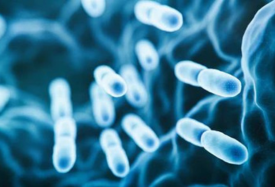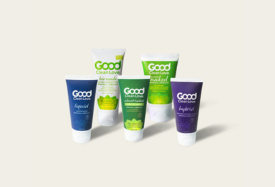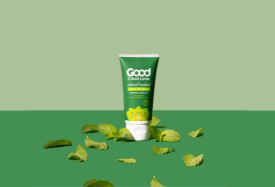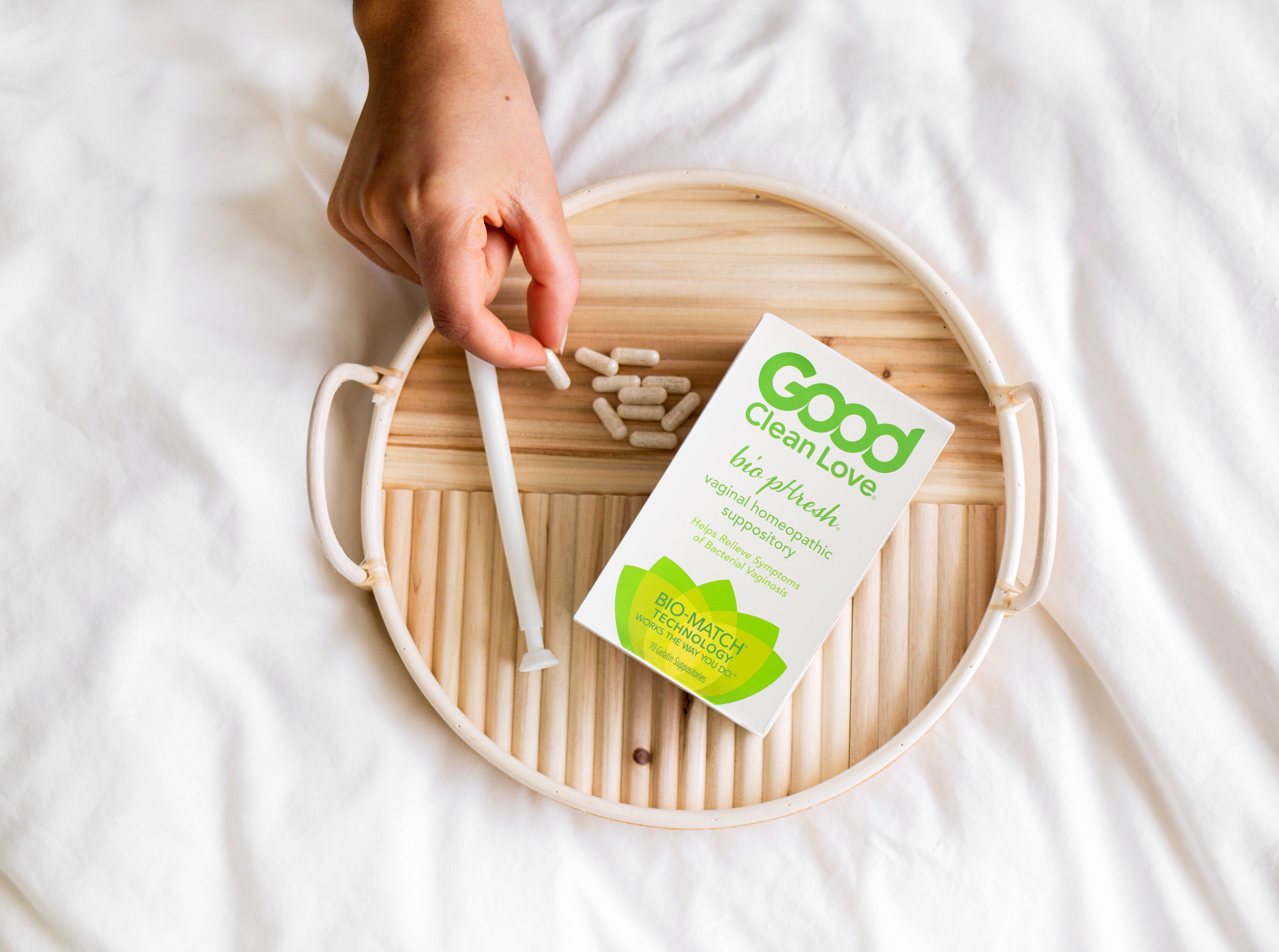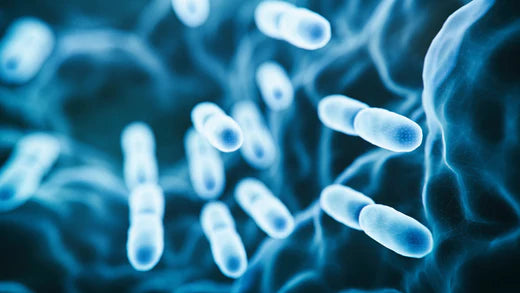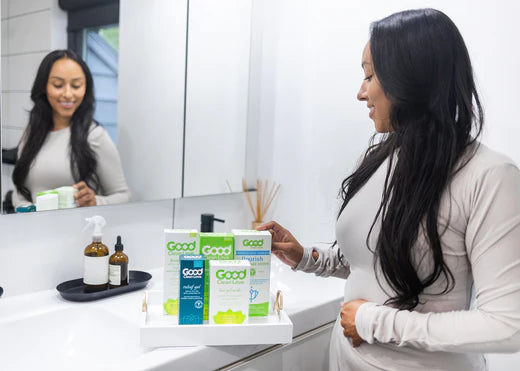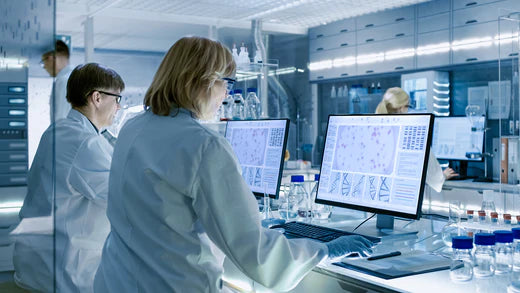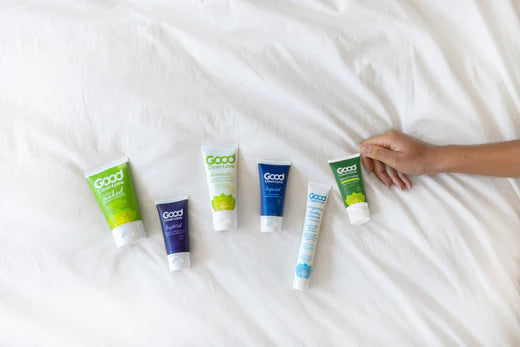Natural and organic ingredients have become increasingly popular in recent years. More companies are aiming to incorporate natural ingredients in their products, as the awareness of harmful chemicals in popular products has become more apparent. A 2018 survey by the Fashion Institute of Technology’s graduate school found that 90% of consumers surveyed believed that natural or naturally-derived beauty ingredients were better for them. In this article, we will dive into what exactly natural ingredients and why they are beneficial for you and the planet!
What Are Natural Ingredients?
Natural ingredients are definitely beneficial for our bodies and the environment, but what exactly are they? Natural ingredients are produced by or present in nature. They include plant, animal, mineral, and/or microbial ingredients. Natural ingredients may also be extracted using simple methods, such as simple chemical reactions, and/or they may be the result of naturally occurring biological processes.

The way in which ingredients are harvested determines whether they are natural or not as well. Natural ingredients are grown, harvested, and produced ecologically with consideration for the rest of the surrounding environment. They are not synthetically produced, grown, or extracted using petrochemicals.
At this time, there is no federal term or classification for natural ingredients, but the FDA refers to natural ingredients as “ingredients extracted directly from plants or animal products as opposed to being produced synthetically.”
What Makes Natural Ingredients a Better Choice?
They're Better for Your Body
Natural ingredients are much healthier and more compatible with your body than synthetic ingredients, especially when it comes to products for sexual wellness. Sexual health products like condoms, lubricants, moisturizers, feminine washes, and wipes can contain harmful chemicals that can lead to harmful effects on the body, from simple skin irritation to cancers.
Our friends at MADE SAFE® have a comprehensive list of harmful chemicals that are often prevalent in different sexual health products. When it comes to vaginal care, it is crucial to ensure the products you use support the pH balance and osmolality of your vagina. The osmolality of a product is also important to maintaining vaginal health because the skin layers and natural mucus of the body constantly attempt to keep a stable osmolality whenever they encounter a substance, such as a lubricant or wash. Iso-osmolar is the osmolarity level of a perfect lubricant or any vaginal product, meaning the lube would have an equal hydration level to the cells of the vaginal tissue.
Synthetic ingredients can also serve as endocrine disruptors, which are substances that mimic, block, or interfere with hormones and their production, metabolism, and excretion. This, in turn, can disrupt of the endocrine system which can lead to malfunction of the reproductive, nervous, and immune systems. Using products that are derived from natural ingredients and are created to support the ecosystem of the body can help maintain optimal health and reduce the risk of harmful reactions to synthetic chemicals.
They're Better for the Planet
Many synthetic ingredients in popular products harm the environment because they are inherently incompatible with the natural ecosystem. Products that contain petrochemicals, synthetic fragrances, or parabens, for example, have been historically harmful to the environment.
Many natural ecosystems are suffering from synthetic chemical use, such as coral reefs in our oceans. Up to 10% of the world’s coral reefs are being harmed due to the prevalence of oxybenzone and octinoxate (and other harmful ingredients) in sunscreen. Persistent bioaccumulative toxic substances (PBTs) are a particular group of chemicals that also threaten marine life and human health. Examples of PBTs include methylmercury, polychlorinated biphenyls (PCBs), dichloro-diphenyl-trichloroethane (DDT), and dioxins. PBTs are able to travel long distances through the air, water, and land, harming many different species and ecosystems. These chemicals can be found in drinking water and even in the pesticides used to grow our food.

The prevalence of toxic chemicals in the environment can lead to bioaccumulation in which toxic chemicals build up inside of an organism's body (such as our own). These chemicals can then be passed down to offspring or onto other organisms if they are eaten through a process called biomagnification where toxic chemicals increase in concentration as they move through a food chain.
Ultimately, the presence of toxic chemicals in the environment harms the ecosystem and organisms, as these chemicals spread quickly and do irreparable damage. This is a major reason to ensure that the products you are consuming are natural and do not contain toxic chemicals that may contaminate the environment.
They Can Help Support Sustainable Business Practices
Choosing a product made with natural ingredients means giving your dollars to sustainable companies that commit to better business practices all around; whether that's supporting their community with good jobs, giving back through philanthropy, sourcing from other companies and manufacturers with similar principles, and often means better, more sustainable packaging. However, it is important to be conscientious about whether companies are actually sustainable or whether they are participating in “greenwashing”.
Greenwashing is when companies mislead consumers by claiming that their products are safe, non-toxic, eco-friendly, and natural through their branding and labeling, when in reality their products still contain harmful chemicals. Common signs of greenwashing can include labels like chemical-free, organic, natural, botanical, or hypoallergenic. Don't get us wrong, there's nothing inherently wrong with these labels, but it is important to ensure they are true! This guide by Organically Becca dives into greenwashing and which companies to watch out for.
Good Clean Love is an example of a truly sustainable company. As a B-Corporation and Green America certified business, we use bio-plastic instead of conventional plastic for our packaging whenever possible. Bio-plastic is made of entirely plant-based materials and deters away from using petrochemicals in plastic packaging. We also formulate our products using (truly) all natural and organic (whenever possible) ingredients such as lactic acid and agar agar. And we avoid using harmful chemicals like petrochemicals, parabens, and synthetic glycerin.
I'm In! How Do I Incorporate More Natural Products Into My Life?
There are many benefits to using natural products, and the earth will definitely thank you for it! We know that synthetic chemicals can be toxic to our bodies and the environment, and that it’s time for a change towards more natural products. But how can we know what products are actually natural and avoid companies engaging in greenwashing? Don't worry, we got you covered! Let’s talk about what to look for in products that claim to be natural!
How to Find Natural Products
Now that you know which ingredients to avoid, we recommend taking a closer look at the ingredients list whenever possible. Make sure you check the back of the bottle to ensure none of the ingredients are harmful to your body or the environment. Another important indicator when shopping is the wide variety of certifications and third-party seals you'll find on product packaging. These can help clue you into the quality of ingredients and the priority placed on sustainable practices. Here are three to look for.
- USDA Certified Organic seal: This seal is given to products that meet the USDA organic standards and are certified 100% organic. This should not be confused with just an “organic” label, as this label usually means the product is 95% organic with allowed ingredients in the other 5%.
- MADE SAFE® seal: This seal is given to products that pass MADE SAFE’s regulations. Ingredients are screened against MADE SAFE’s ingredient database to ensure that no harmful chemicals are present in the product. Ingredients in products are also examined for bioaccumulation and general as well as aquatic toxicity.
- EWG VERIFIED™: The Environmental Working Group (EWG) aims to drive companies to make healthier and safer products for the environment and the body. EWG verification of a product recognizes products that meet strict standards for health. Their team of toxicologists, chemists, and epidemiologists studies every product extensively and only gives the EWG seal if a product completely meets their standards.
Resources We Recommend
There are also many resources available to help you find the right natural products for you. These include:
Non-Toxic Revolution
Aims to inform, inspire, and educate people about the dangers of toxic chemicals in the environment, products, and food supply, especially chemicals linked to breast cancer. The NTR website has multiple “nontoxic guides” that aim to give non-toxic options for products such as hair dye and sunscreen.
MADE SAFE®
A program of nontoxic certified nonprofit organizations. MADE SAFE provides a comprehensive human health and ecosystem-focused certification for nontoxic products. They provide lists of certified nontoxic products that range from personal care to household and beyond.
Women’s Voices for the Earth
Aims to amplify women’s voices and eliminate toxic chemicals that harm health and communities. Women's Voices' website has many resources, including 10 steps to avoid toxic chemicals.
Environmental Working Group (EWG)
A nonprofit organization working to protect environmental and human health by changing industry standards through removing toxic chemicals from products. They have many consumer guides on their website that have extensive information about the prevalence of toxic chemicals in many different products, from tap water to beauty products
Conclusion
Give love to your body and the planet! Commit to using natural products today. The Earth and your body will thank you.

